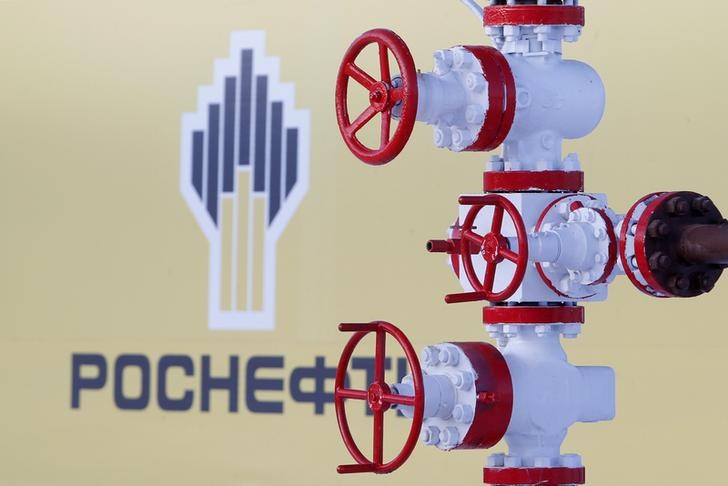By Oksana Kobzeva
MOSCOW, Jan 13 (Reuters) - Russia's Gazprom GAZP.MM has acknowledged for the first time a threat to its dominant position in European gas market from an expected influx of liquefied natural (LNG) gas produced in the United States under Donald Trump's administration.
Gazprom, which supplies a third of Europe's needs, had previously dismissed possible rivalry from the LNG exports from the United States, saying the costs of transportation via the Atlantic Ocean make it unfeasible.
Trump has picked former Texas Governor Rick Perry to head the Department of Energy. The country's oil and gas industry welcomed his appointment and called on him to make increasing exports of U.S. natural gas a "top priority". who takes office on Jan. 20, has made energy a central part of his agenda, has promised to revive oil and gas drilling and coal mining as president by cutting back on federal regulation.
"We see the main source of rivalry from the United States, this is obvious. We don't know what the first steps of the new American administration will be, be judging from its previous statements, it is possible that they will boost their production," Gazprom's Deputy Chief Executive Valery Golubev told a conference in Moscow.
Analysts have speculated the Kremlin-controlled company could retain its dominance in Europe as U.S. gas shippers take advantage of shortages in Asia and Latin America to plug those gaps, but Golubev conceded U.S. plans may have an impact. LNG production capacities (in the U.S.) may have implications for the European market," Golubev said.
There is no ban on natural gas exports, but U.S. law requires American companies to obtain authorisation from the Energy Department before being able to ship it overseas, and there are tough permit requirements for building the specialised facilities that make shipping gas possible.
The United States exported its first cargo of LNG gas last year. It plans to commission four LNG export terminal in 2017-2020. For now, it has one working LNG terminal in Sabine Pass, Louisiana.
United States, currently a net importer of natural gas, has increased its natural gas production each year since 2006 thanks to boom in shale gas output.
<^^^^^^^^^^^^^^^^^^^^^^^^^^^^^^^^^^^^^^^^^^^^^^^^^^^^^^^^^^^ Graphic: LNG terminals in EU
http://tmsnrt.rs/2iawIPA
^^^^^^^^^^^^^^^^^^^^^^^^^^^^^^^^^^^^^^^^^^^^^^^^^^^^^^^^^^^> (Writing by Vladimir Soldatkin; Editing by Alison Williams)
